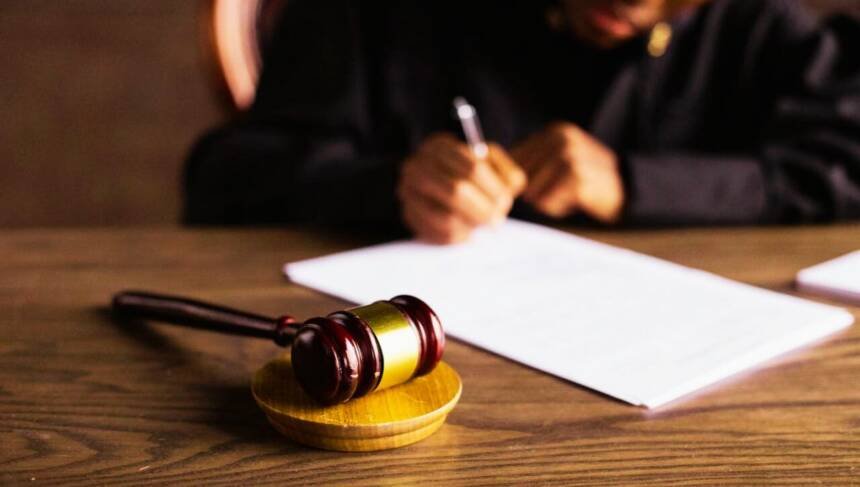Getting injured due to someone else’s negligence can be a traumatic experience, both physically and emotionally. In the aftermath, you may be entitled to compensation for your medical expenses, lost wages, and pain and suffering.
However, navigating the legal landscape of a personal injury case can be complex, and making certain mistakes can significantly weaken your claim or even result in its dismissal.
In this article, we’ll explore some critical errors to avoid to increase your chances of a successful outcome.
1. Failing to Seek Prompt Medical Attention
One of the most detrimental mistakes in a personal injury case is neglecting to seek immediate medical care. Insurance companies and defense attorneys will scrutinize any gaps in your treatment timeline and may argue that your injuries were not as severe as claimed or were caused by something else entirely.
Expert Tip: “Even if you feel your injuries are minor, it’s crucial to get checked out by a medical professional as soon as possible,” advises personal injury attorney Richard M. Kenny. “This not only ensures proper treatment but also creates a contemporaneous record of your injuries, which can be invaluable evidence in your case.”
2. Providing Recorded Statements Without Legal Representation
It’s common for insurance adjusters to contact injury victims shortly after an accident, requesting a recorded statement. While it may seem harmless, providing a statement without the guidance of an experienced personal injury lawyer can be a grave mistake.
“Insurance companies are not on your side,” warns Kenny. “Their goal is to minimize their financial exposure, and they may use your recorded statement against you, twisting your words or omitting crucial details to undermine your claim.”
3. Posting About Your Case on Social Media
In the age of social media, it’s tempting to share details about your personal life, including your injury and ongoing recovery. However, doing so can severely undermine your case.
Insurance companies and defense attorneys will scour your online presence for any information that contradicts your claims or portrays you as less injured than alleged.
Expert Tip: “Treat your social media accounts as if they were public records during your personal injury case,” advises Kenny. “Avoid posting any updates, photos, or comments related to your injury or case, as they can be used against you.”
4. Accepting the First Settlement Offer
Insurance companies often make lowball settlement offers in the hopes that injury victims, desperate for financial relief, will accept less than they deserve.
However, accepting the first offer can be a costly mistake, as it may not fully compensate you for your losses, including future medical expenses and long-term impacts on your quality of life.
“Never accept the first settlement offer without consulting an experienced personal injury lawyer,” warns Kenny. “They can evaluate the offer and negotiate for a fair and comprehensive settlement that covers all your current and future damages.”
5. Missing Crucial Deadlines and Statutes of Limitations
Personal injury cases are subject to strict deadlines and statutes of limitations, which vary depending on the jurisdiction and the specifics of the case. Missing these crucial time frames can result in your case being dismissed, leaving you without recourse for compensation.
Expert Tip: “As soon as you become aware of your injury, consult with a personal injury lawyer to ensure you don’t miss any important deadlines,” advises Kenny. “They can guide you through the process and help protect your rights.”
By avoiding these critical mistakes, you can significantly improve your chances of a successful personal injury case and receive the compensation you deserve. Remember, the road to recovery can be long and arduous, and having an experienced legal advocate by your side can make all the difference.



